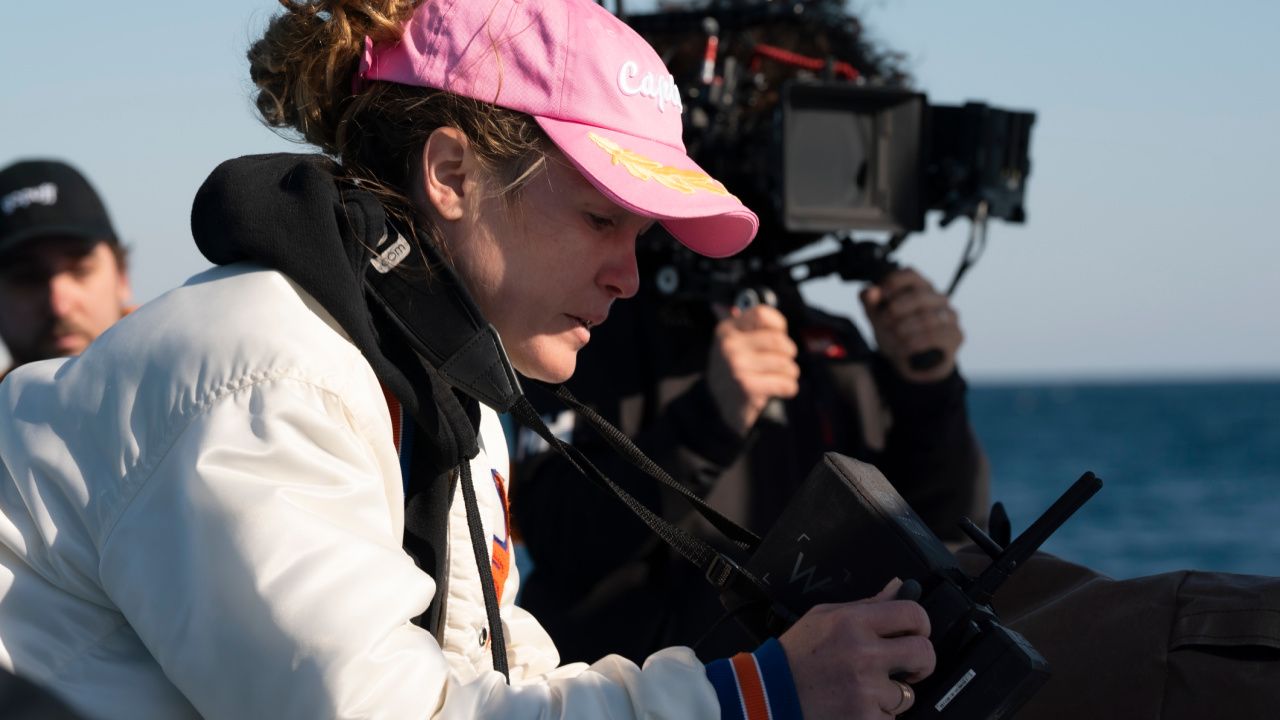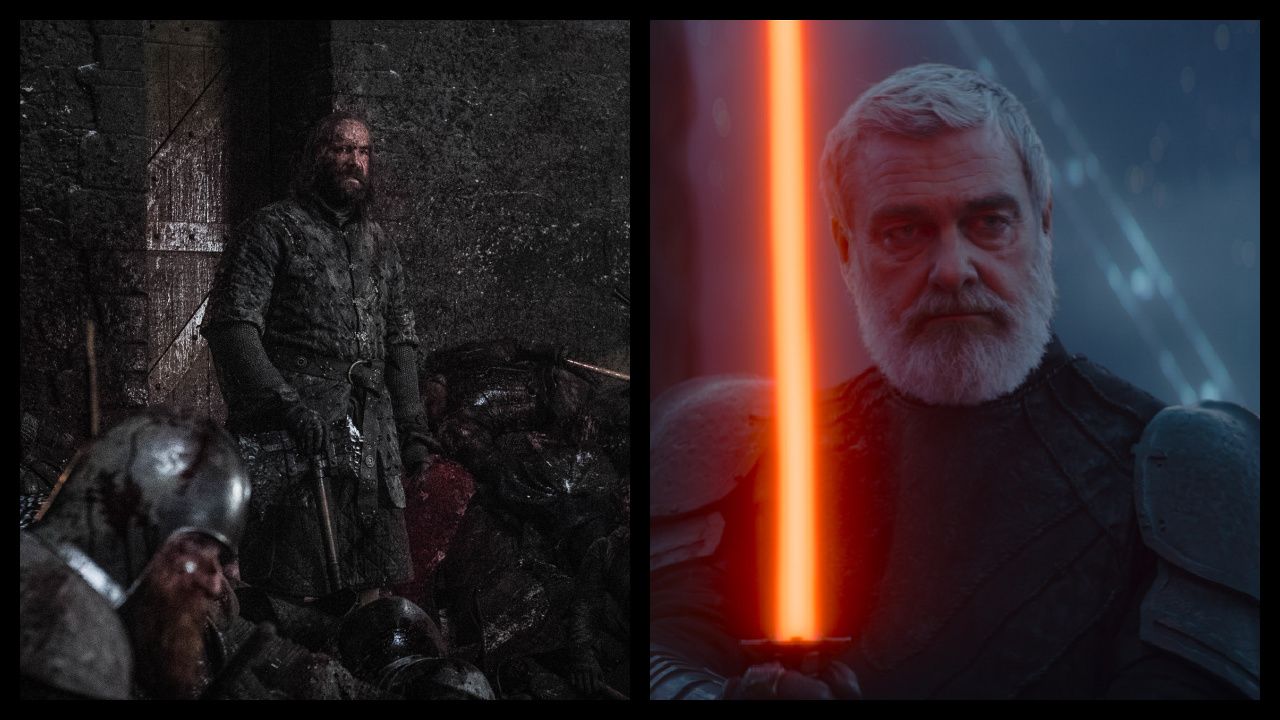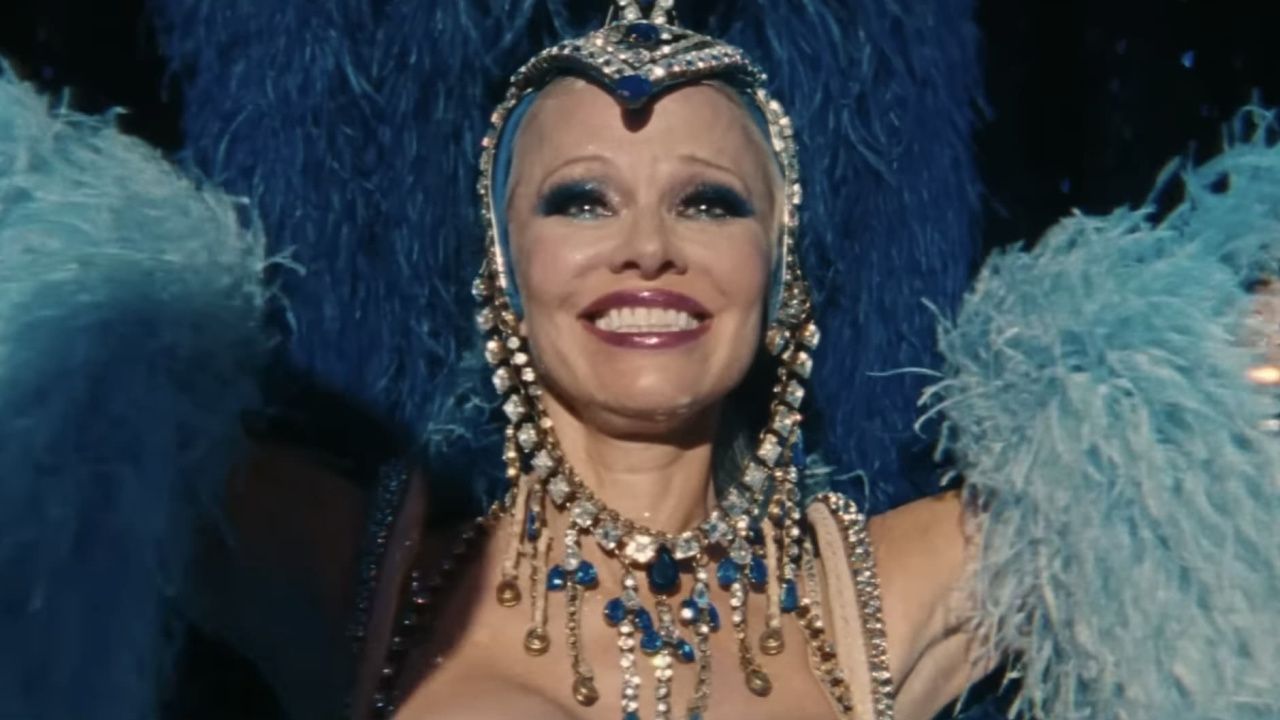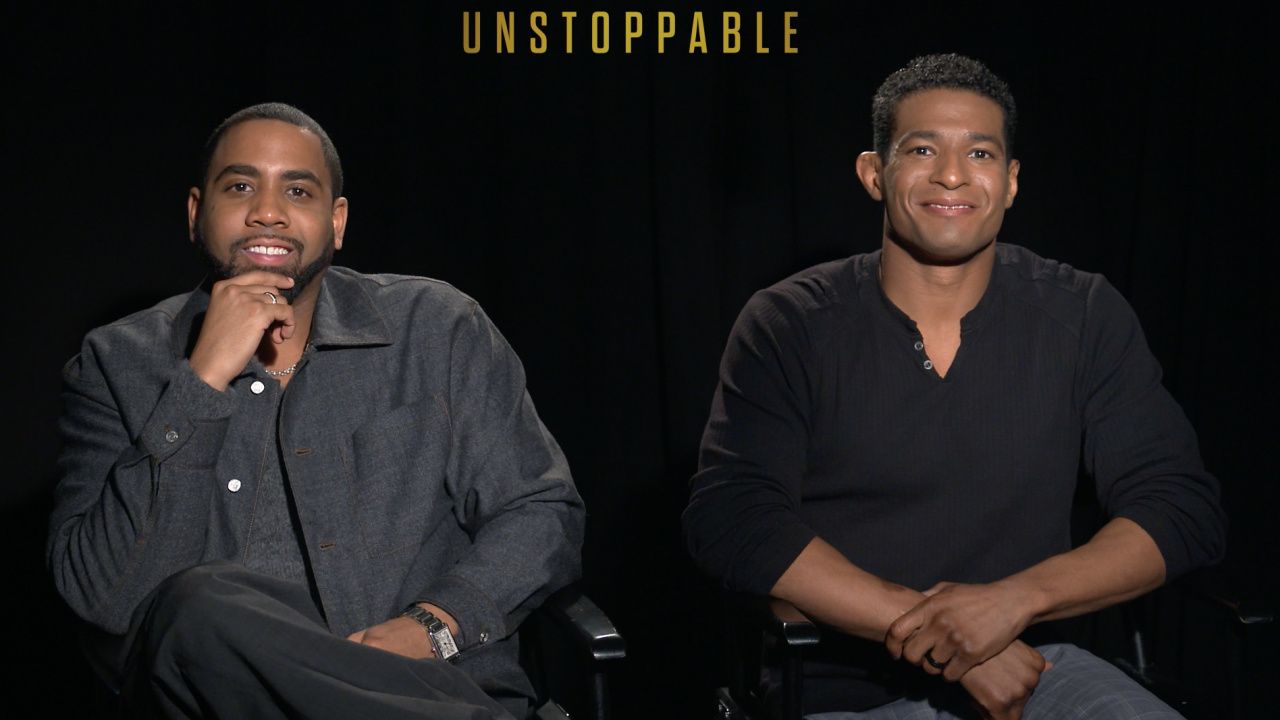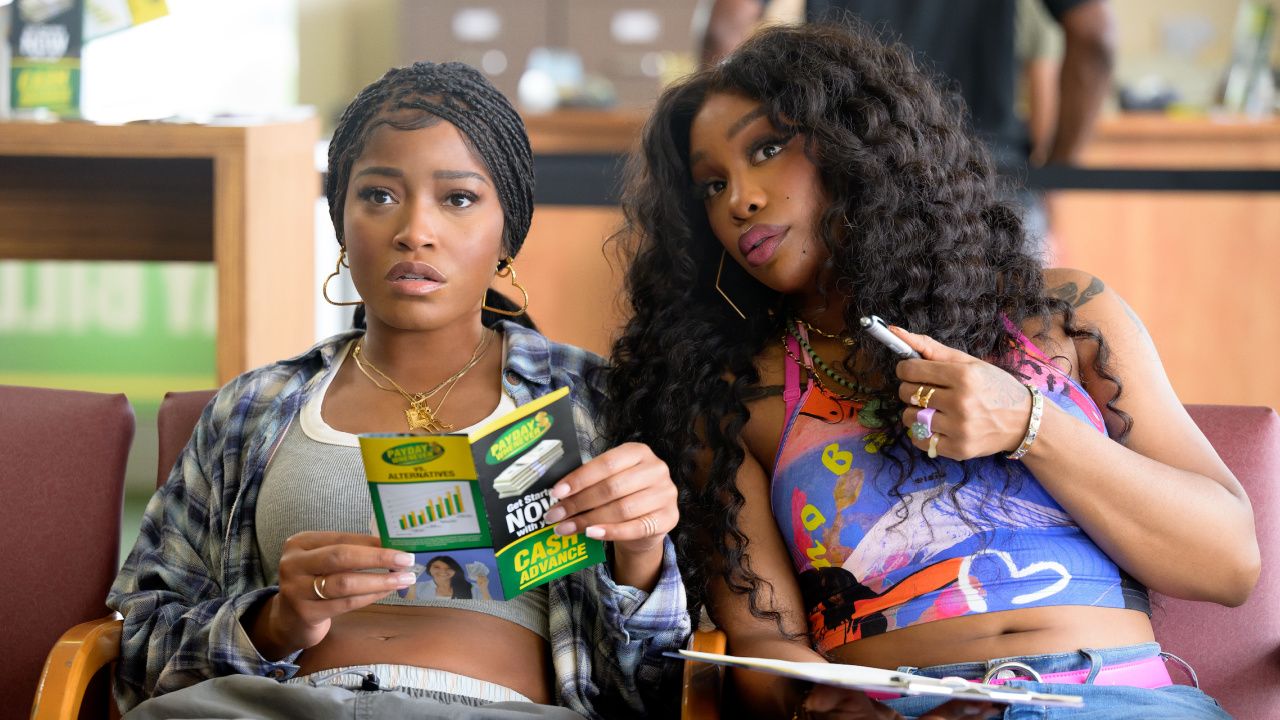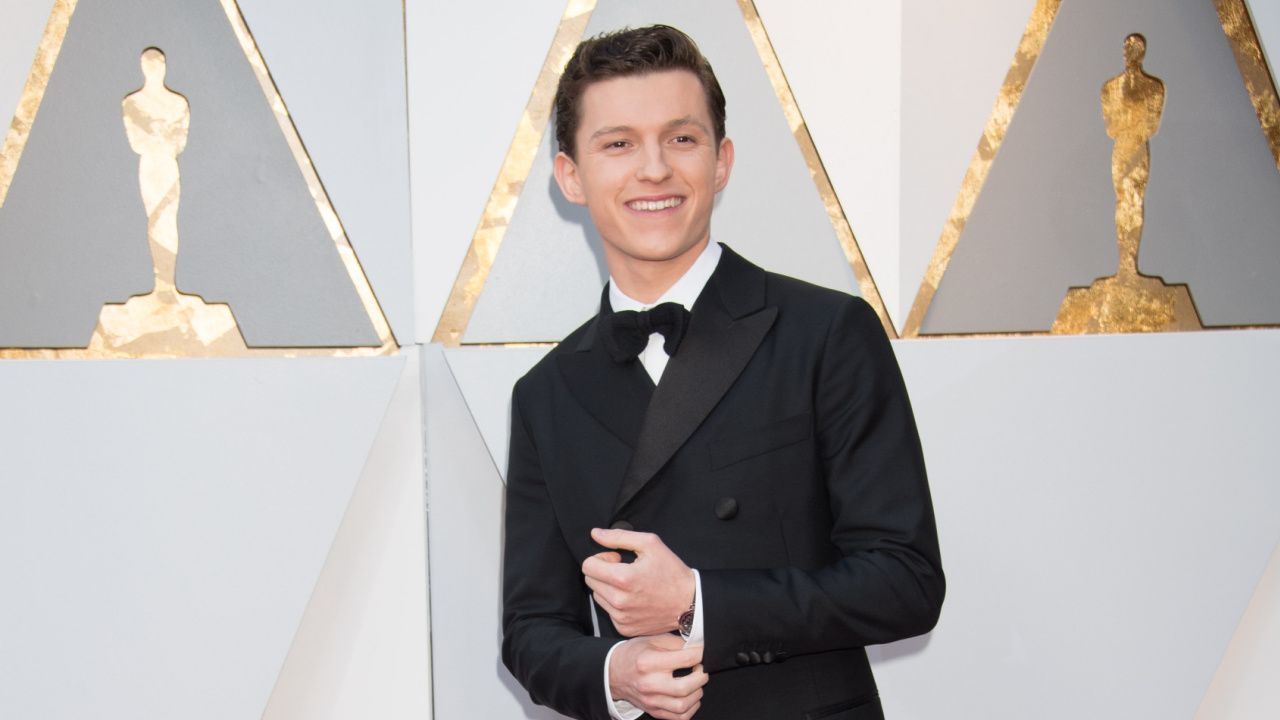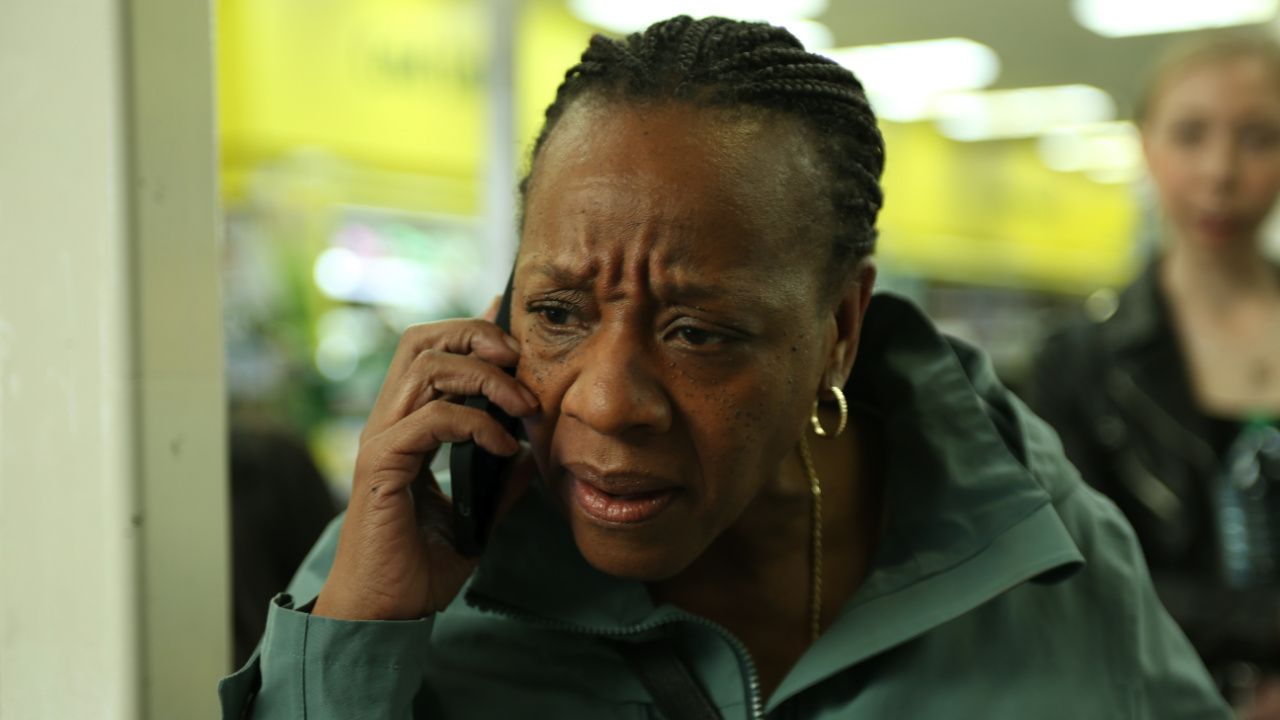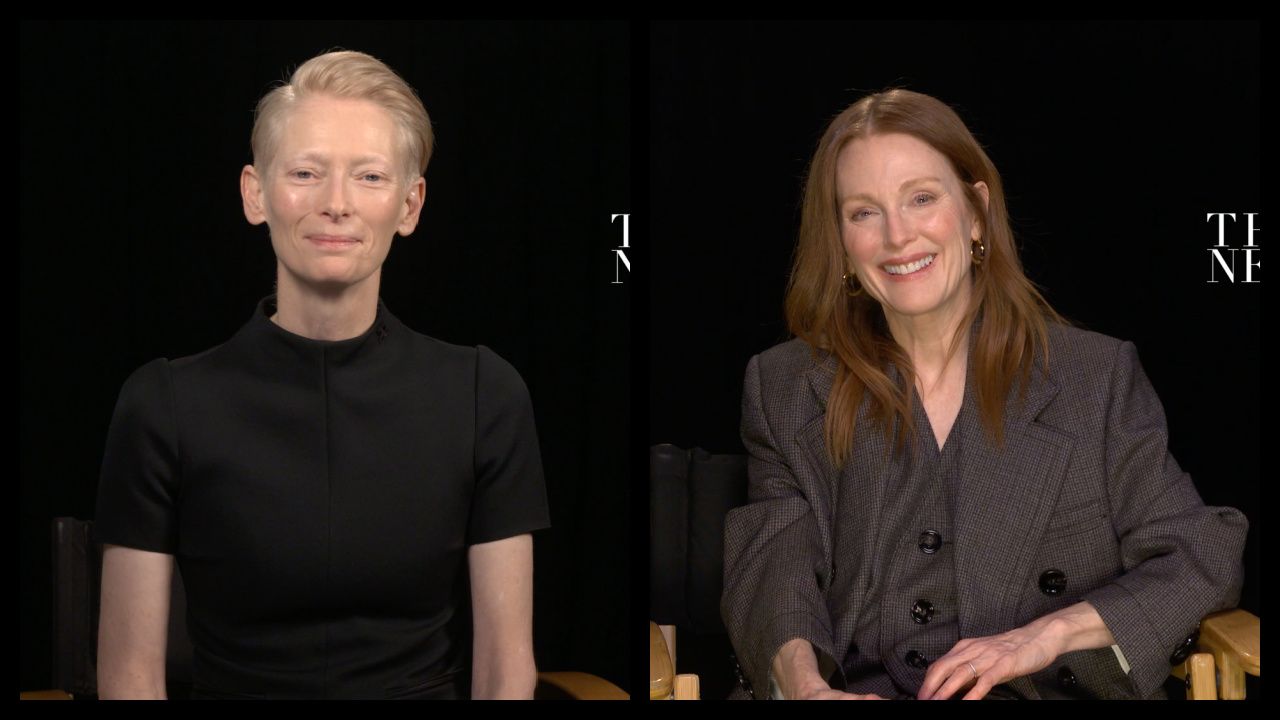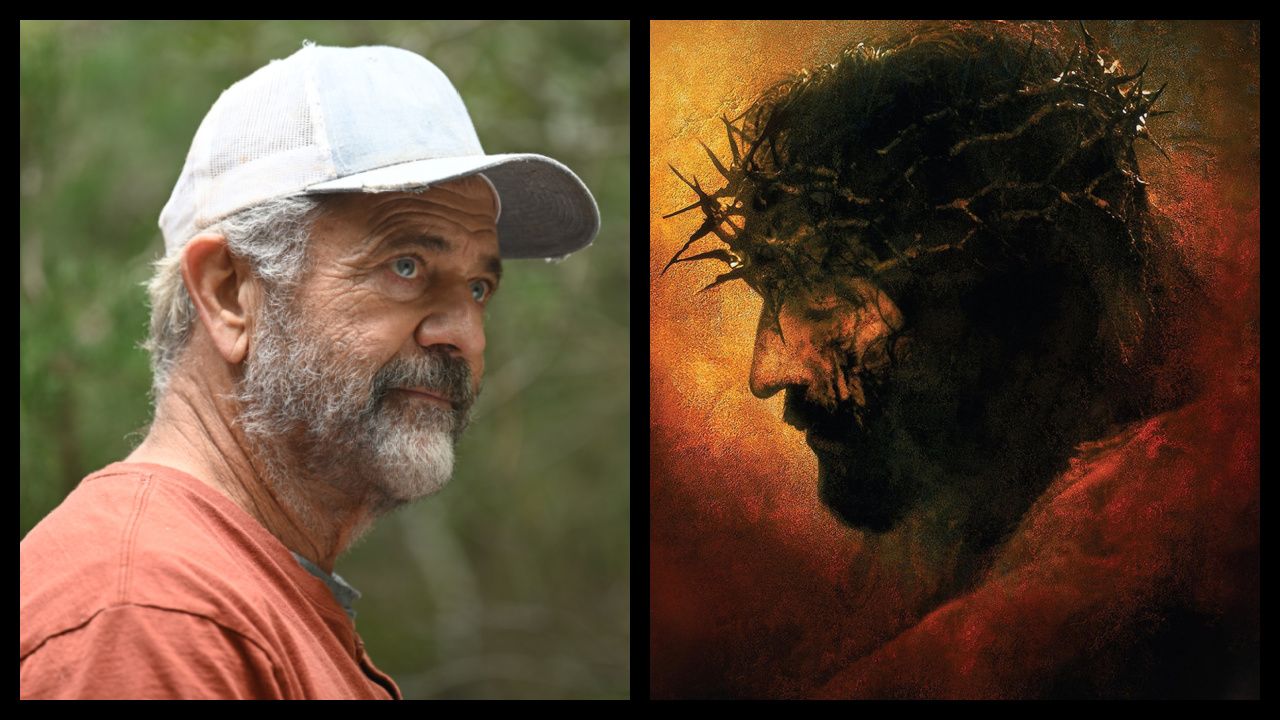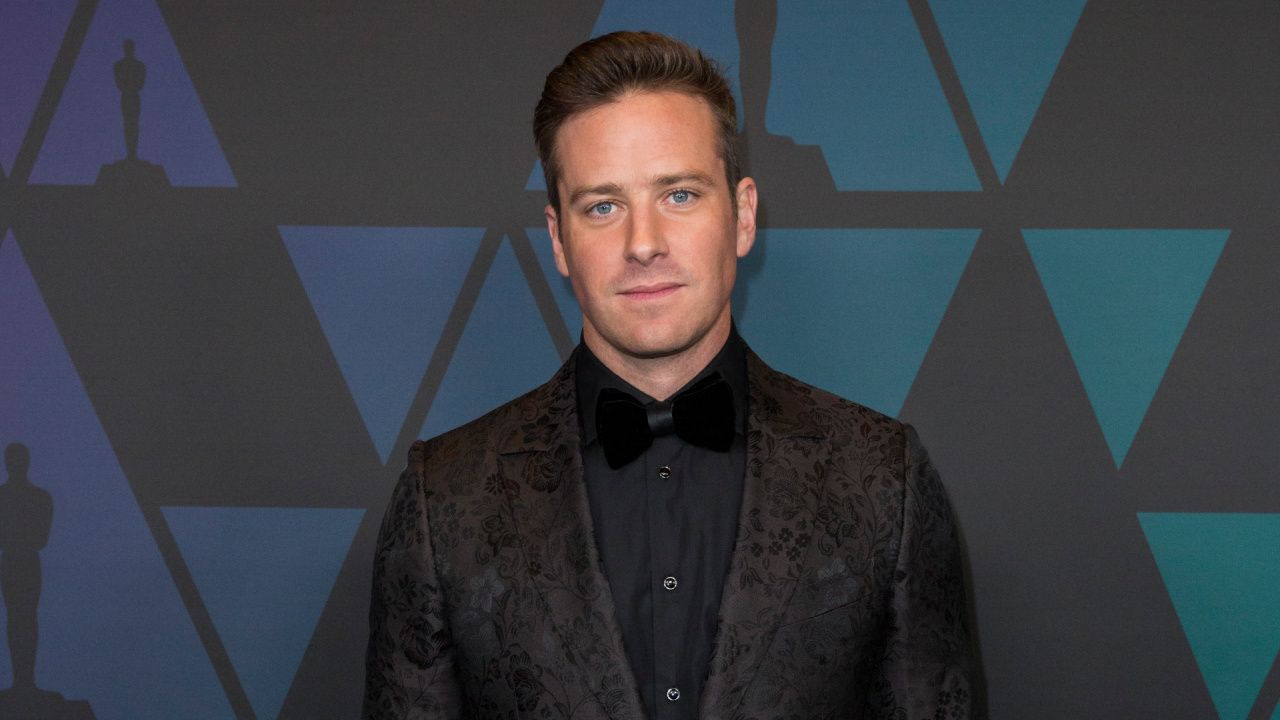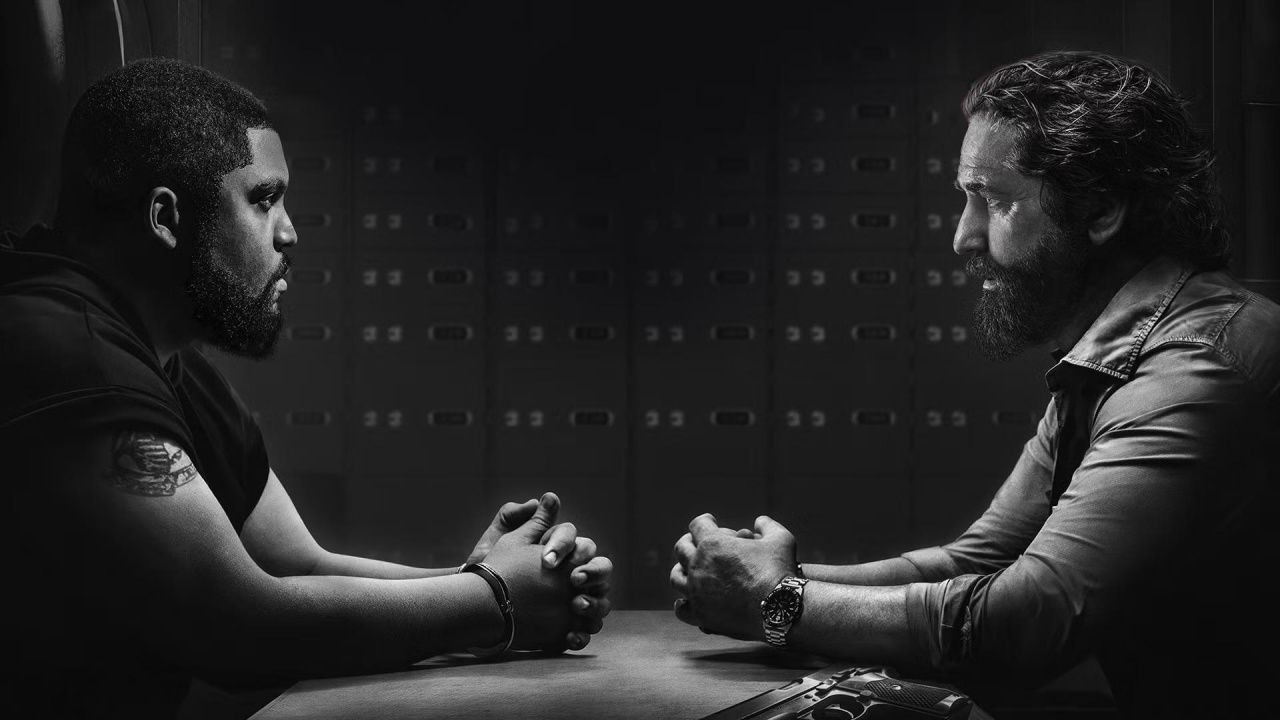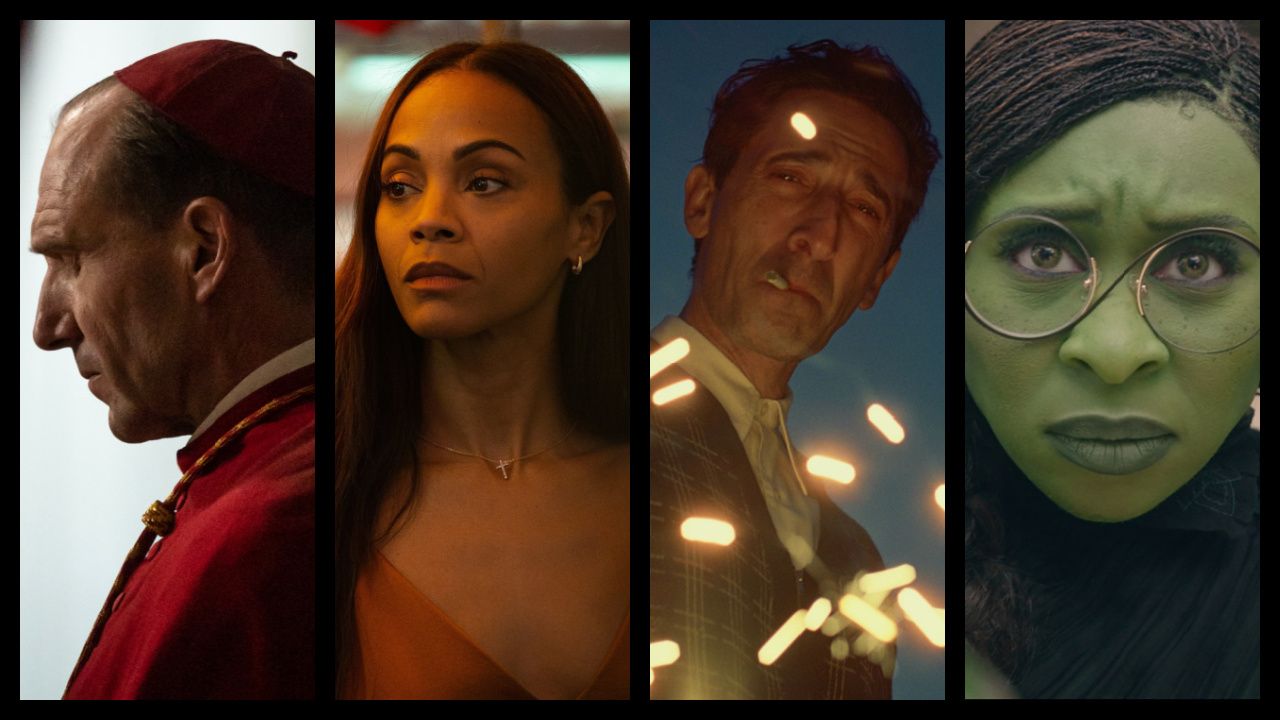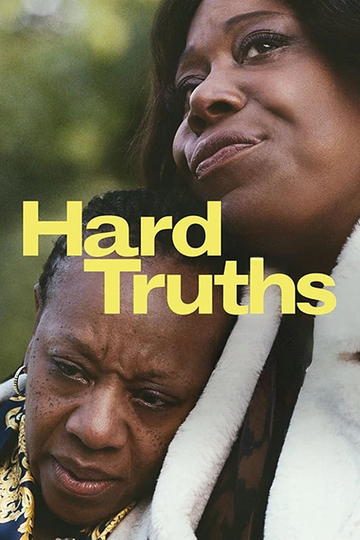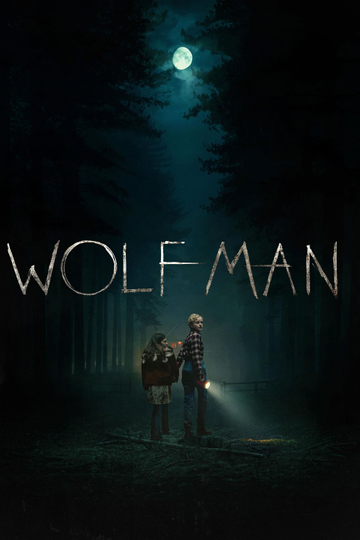Audrey Hepburn's 11 Essential Movies
More than 25 years after her death, Audrey Hepburn is still one of the most beloved of all movie stars. (And one of the few to achieve an EGOT -- Emmy, Grammy, Oscar and Tony.) The graceful style icon and humanitarian would have turned 90 on May 4. Here are her most essential movies.
"Breakfast at Tiffany's" (1961)
Although it wasn't the movie that won her the Oscar, commitment-phobic party girl Holly Golightly remains her most iconic character. Pretty much everyone in "Pretty Little Liars" wanted to go as Holly for their Audrey Hepburn costume party. That wouldn't be the case if anyone else had played her.
"Roman Holiday " (1953)
Audrey + Gregory Peck + Rome = amoré. She won a Best Actress Oscar for her role as a duty-bound European princess who plays hooky while in Rome. She gets a haircut and voila, no one recognizes her, except for a savvy reporter (Peck), who doesn't let on that he knows who she is. The two do everything you should in Rome: Eat gelato, ride a scooter, and visit the Mouth of Truth. And maybe fall in love? As classic as they come.
"Sabrina" (1954)
Hepburn is at her most winning (and wears some of her most gorgeous gowns) in this romance directed by Billy Wilder. She plays Sabrina, daughter of a chauffeur to a rich family, who falls for the family's playboy son, David (William Holden). Older brother Linus (Humphrey Bogart) doesn't approve, so he romances her himself. Although we like the '90s remake with Harrison Ford in the Bogart part, Julia Ormond can't hold a candle to the ever-luminous Audrey.
"My Fair Lady" (1964)
While Audrey makes a terrific Eliza Doolittle, she doesn't do her own singing in the movie. (That was done by Marni Nixon, who also dubbed Natalie Wood in "West Side Story.") The fact that the role didn't go to Julie Andrews -- who'd starred as Eliza on Broadway -- helped Andrews win Best Actress for Disney's "Mary Poppins," of all movies. Even with that strike against it, the movie remains a musical favorite.
"Charade" (1963)
One of the most perfect match-ups in film history pairs Hepburn with Cary Grant, as they try to find who murdered her husband. And avoid getting killed themselves. Except she's not so sure she can really trust Grant. This Hitchockian thriller-romantic-comedy (from "Singin' in the Rain" director Stanley Donen) is eminently re-watchable. (Please skip the dreadful, charmless 2002 remake.)
"Funny Face" (1957)
Mousy, bookish Jo has no interest in fashion, until the editor of an illustrious magazine and a fashion photographer (Fred Astaire) decide she's the next big thing. Soon she's modeling in Paris (the photo shoot scenes are delicious) and singing "S'Wonderful" with Astaire. That's right, she does her own (quite lovely) singing in this movie, including the solo number "How Long Has This Been Going On?"
"Love in the Afternoon" (1957)
As in Wilder's previous film "Sabrina," Hepburn once again plays a young ingenue who falls for a much older man, this time, it's notorious womanizer Gary Cooper. Thanks to the case files of her private investigator father, she pretends to have as colorful a love life as he does. It's a rather bittersweet romance, since it's sure to end in heartbreak. Isn't it?
"The Children's Hour" (1961)
Proof that Hepburn was adept at drama as she was at light romance: She and Shirley MacLaine play teachers whose lives are turned upside down when a young student accuses them of being lovers. Based on the 1934 play by Lillian Hellman, it was still a pretty taboo subject in 1961.
"Wait Until Dark" (1967)
There are a number of "blind woman gets menaced by a psycho" thrillers, but this remains one of the best of the genre. Hepburn received her fifth and final Oscar Best Actress nomination for her role as the terrified, but resourceful would-be victim. Alan Arkin now specializes in wonderfully grumpy old men, but as the creepy hepcat villain here, he's unforgettable. (That's future "Rambo" star Richard Crenna, who plays his accomplice, in the photo.)
"Two for the Road " (1967)
Hepburn reunited with director Stanley Donen for this romantic comedy-drama, in which she and Albert Finney are a not-very-happily married couple who spar with each other on a road trip through France. It unfolds in a non-linear fashion, which was rather experimental at the time. Also, Hepburn wears the most fabulous '60s mod sunglasses ever.
"The Nun's Story" (1959)
Hepburn often cited this as her favorite film, and it's certainly one of her most dramatic. It was also one of her biggest hits and was nominated for 8 Oscars, including a Best Actress nomination for her. It's based on the true story of a nun who wanted to devote her life to treating tropical illnesses. In the Belgian Congo, she faces more challenges than she expected, including the doubts raised by the atheist doctor (Peter Finch). And when World War II breaks out, she cannot stay neutral as her order demands.












